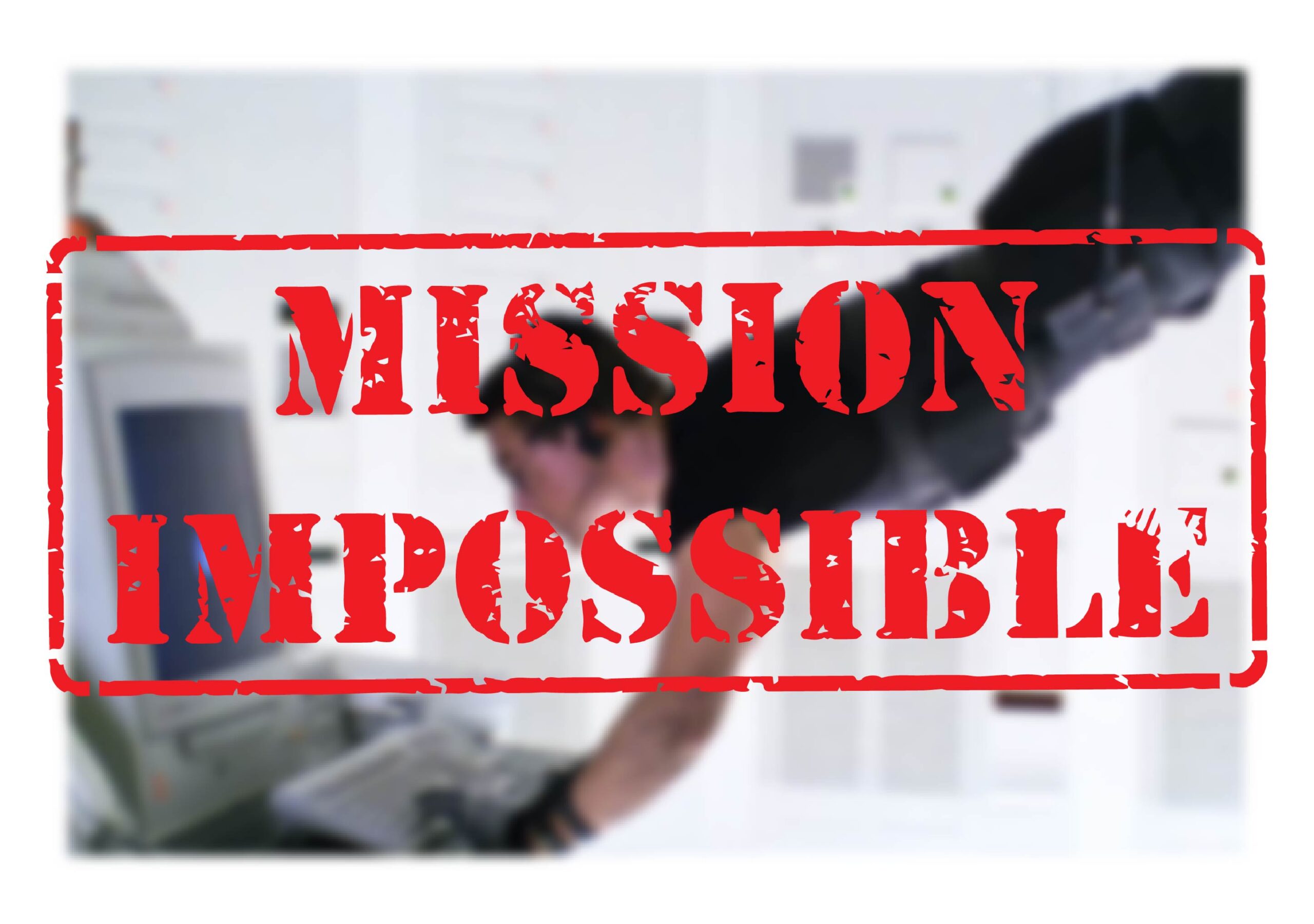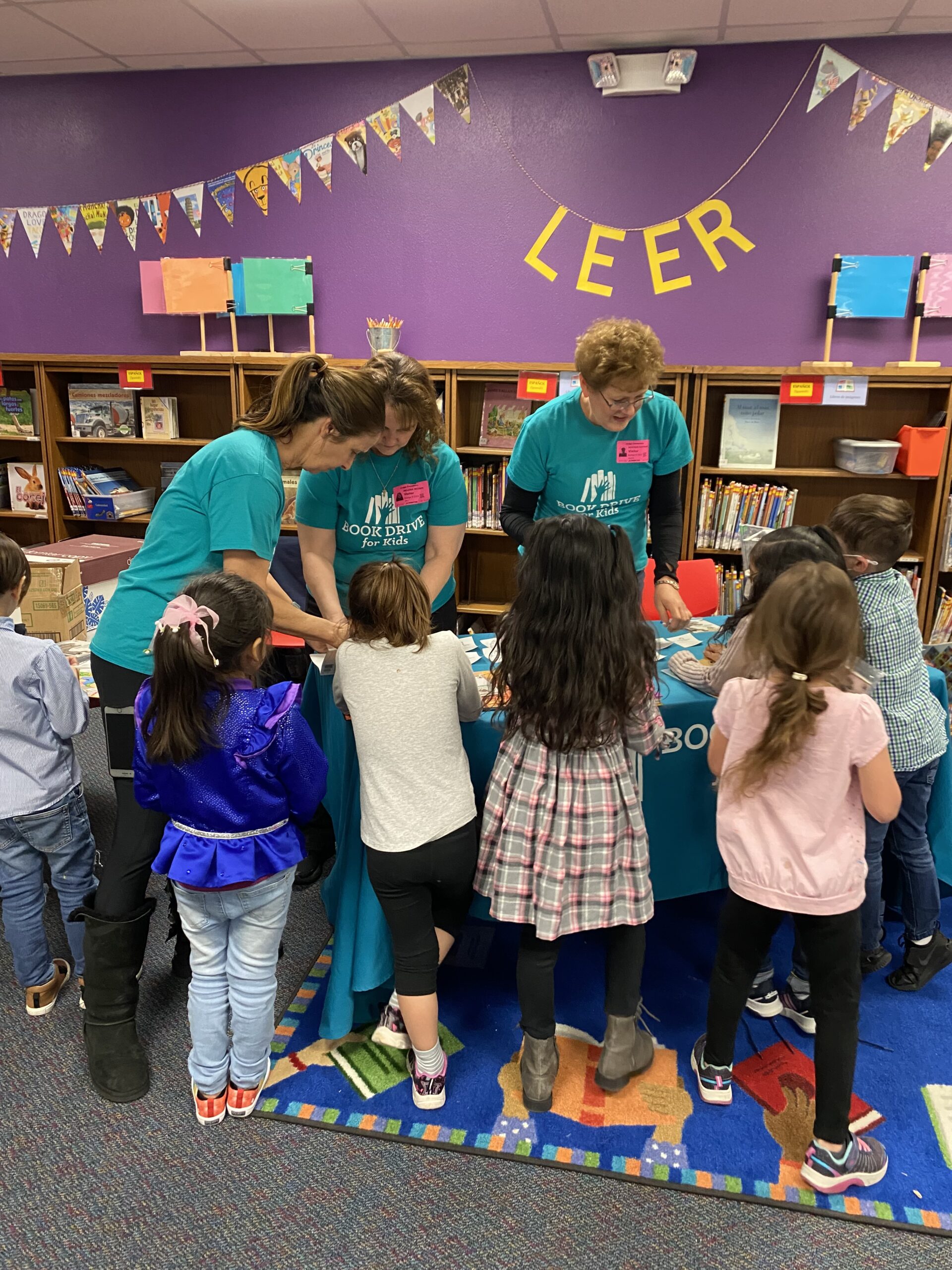
The summer blockbuster Mission: Impossible – Dead Reckoning Part 1 introduces an artificial intelligence villain that worms its way through our digital world. And when I say our “digital world,” I literally mean every last nook and cranny – GPS, driving records, airline manifests, traffic cameras … even secure documents that should be unhackable. I’m not trying to throw out too many spoilers here, but the Al is so intuitive and powerful that it changes the facial features in Luther’s facial recognition tracking and the audio in Ethan’s earpiece. He hears Benji telling him to go right to escape the villains chasing him, but in reality, Benji is screaming to go left! The Al program infects the Department of Defense, which forces them to enlist hundreds of typists who now must use manual typewriters to transcribe intelligence records so that the Al enemy cannot change them.
Wow! I don’t know about you, but just reading that over again makes me incredibly glad this is just a movie!
Surely, Ethan and his IMF team will save us all from this massive ordeal when Part Two comes out. That said, watching this movie challenged me on so many levels to contemplate the power of technology, Al, and to what extent we can trust digital information. Furthermore, it prompted me to think about the books and stories I have read and loved over the years and what it might be like if I only had these books on a digital device and an outside source decided to “update” the information without my knowledge!
The old-fashioned girl in me is grateful for the physical books that line my shelves! Anytime I want to refresh my memory on historical facts or visit quotes from an old literary character, I can reach for that information in my printed book. I suppose this sentimentality for paper books is part of my comfort, but I know I’m not alone. Studies show the smell of old books can trigger warm feelings and memories in most readers. And I’m not just speaking about us grown-ups. While eBooks and digital readers have made reading more accessible (as long as the device is charged and you have a subscription), children still prefer physical books when reading for pleasure. Additionally, multiple studies show that recall, comprehension, and reflection are stronger when reading with a physical book or article. This is true whether we are reading to learn or reading for fun.
There is genuine concern among educators and psychologists that pushing children to read on devices is actually promoting distractibility when the objective should be to develop the ability to focus on a longer text to be able to stop and to reflect without skimming or moving on too quickly. Devices are designed to be highly stimulating and can lead to overstimulation, especially in young brains. Scholastic reports that by age 9, children are reading less than in previous generations. Children who don’t read lose the knowledge, empathy, curiosity, and imagination built by reading great books. While more affluent families may be able to compensate for some of these skills by additional experiences (vacations, greater social network, etc.), we know that low-income children NEED access to books so they can “visit places and meet new people” without leaving their homes.
At Book Drive for Kids, we distribute printed books to disadvantaged children because we believe in the power of holding a book in your hand and reading it yourself or with others. No matter how old you are, where you grew up, or even what language you speak, if strangers or friends have read the same book, they share a common bond and have something to discuss. Books build bridges to shared experiences, real and imagined.
With over 105,000 children living in poverty in Dallas alone, it seems like a Mission Impossible to help them build a bridge to an abundant life. Reading well is a huge part of that task, which is one of the many reasons Book Drive for Kids is here to allow them to choose books to enrich their lives. Besides the academic benefits, we see intangible benefits – the smiles, hugs, and bright eyes – at every free event! The low-income children we serve love to read but have few, if any, books in their homes.
Together, we can change that fact and transform our communities.

Your mission, should you choose to accept it (see what I did there), is to extend the gift of a book wrapped in hope with Book Drive for Kids.
Get involved today!
